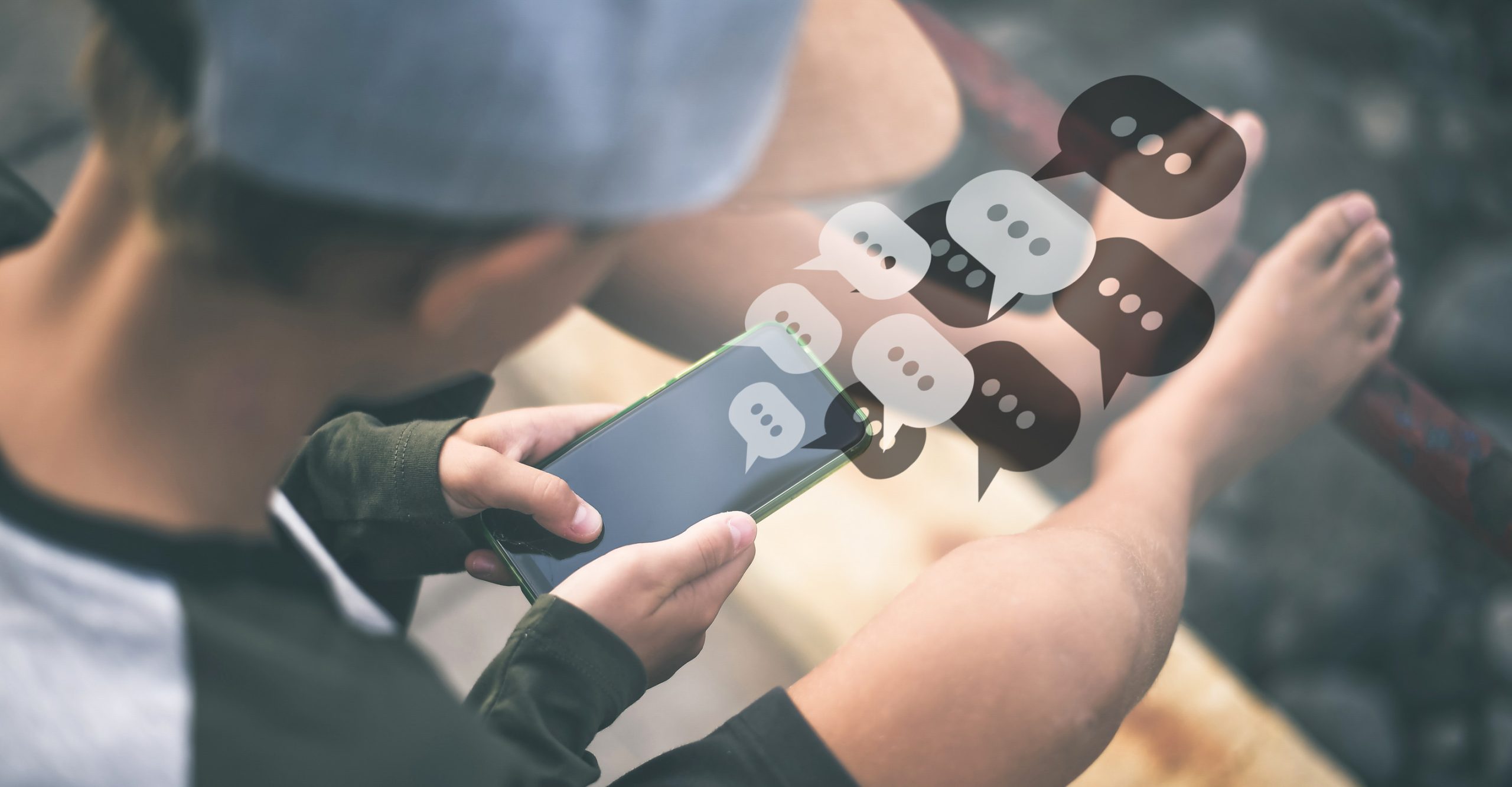
In an age when everyone has a smartphone in their pocket, the phrase “always listening” has become more than just a sci-fi plot twist — it’s an unsettling reality. Many users scroll through privacy policies with a casual flick, blissfully unaware that buried deep in that legalese are clauses that grant apps permission to record conversations or ambient sounds. What might look like harmless access to a microphone often disguises a convenient loophole for continuous data collection.
The convenience of voice assistants and smart features comes at the cost of a little piece of everyday privacy slipping away. It is worth knowing exactly how far some apps push the boundaries of “permission granted.”
1. Social Media Giants and Ambient Listening
Major social media apps are notorious for vague language when it comes to audio permissions. The policy often mentions that microphone access is needed for video recording or voice messages but quietly leaves the door open for ambient sound detection. This allows the app to “improve user experience” — a phrase broad enough to mean almost anything. Some users notice suspiciously well-timed ads after casual conversations about unrelated topics. The blurred line between convenience and covert listening is easy to miss when scrolling through permissions screens.
2. Smart Home Devices and “Always On” Mode
Smart home apps are designed to make life easier by responding instantly to voice commands. To do that, the microphones must stay in an “always on” mode, ready to catch a wake word at any time. Privacy policies for these apps often explain this feature but bury the reality that continuous listening is happening around the clock. The recordings can be stored for “training purposes” or to “improve accuracy,” a catch-all that makes deletion nearly impossible. Homeowners often underestimate how much of their private life a smart speaker actually hears.
3. Virtual Assistants That Store Voice Clips
Virtual assistant apps promise to help with everyday tasks, but their privacy policies often reveal that recordings are saved for review. While the official line is that this helps fine-tune the assistant’s understanding of speech, these voice clips may be stored indefinitely. Some companies even allow human reviewers to listen to random samples. Users rarely consider that someone might hear personal or sensitive moments captured by accident. Consent to this level of access hides behind the broad language of “service improvement.”
4. Messaging Apps with Hidden Audio Access
Many popular messaging apps need microphone access for voice calls or audio messages. However, once granted, that access can be used in other ways under certain conditions. Some privacy policies explain that audio data may be analyzed to detect background noise or enhance quality, which sounds harmless enough. But the same clauses often give the app the right to retain and process snippets for technical development. Few people realize that hitting “allow” on a microphone prompt can open the floodgates to more than just calls.

5. Gaming Apps with Surprise Eavesdropping
Gaming apps sometimes request microphone permissions for voice chat with friends or in-game features. Yet, hidden in some policies is wording that lets developers record audio in the background to detect cheating or monitor behavior. While the intent might be to keep the gaming environment fair, the reality is that players may be recorded without a clear opt-out. These policies can stretch “anti-cheat” to mean constant monitoring even when the game is idle. The fun of gaming becomes a trade-off for invisible surveillance.
6. Fitness Apps Listening for Commands
Some fitness or health-tracking apps include voice commands for starting workouts or logging meals. The privacy policy might declare that the microphone listens for a wake word or specific phrases to make workouts smoother. But the same permissions often extend to ambient recording, which can be used for “service enhancement.” This leaves users unknowingly giving away private audio when jogging through the park or chatting with a friend at the gym. Fitness and privacy do not always jog side by side.
7. Ride-Share Apps With “Safety” Recordings
Certain ride-share apps have introduced features that let drivers or passengers record trips for safety. The privacy policies tend to explain that audio recordings protect both parties in case of disputes. However, these same policies frequently allow the company to store and review the recordings even if no incident occurs. Riders might not realize conversations during trips could be archived for indefinite periods. The intent of safety slowly creeps into quiet surveillance.
8. Shopping Apps and “Voice Search”
Retail apps are increasingly adding voice search features to simplify online shopping. This requires microphone access that can remain active for convenience. Some privacy policies clarify that voice queries may be saved to analyze shopping habits and “improve personalized ads.” As innocent as it sounds, it means everyday chatter near a phone can influence targeted promotions. The line between helpful and invasive fades under the guise of smarter shopping.
9. Educational Apps Recording for “Quality”
Language learning or educational apps often use microphone access to assess pronunciation or enable interactive lessons. Buried in the privacy policy is usually a clause stating that recordings can be stored and reviewed for “quality assurance.” While practice sessions may seem harmless, the clips can linger long after the lesson is over. Parents rarely notice that kids’ voices could be analyzed by third parties for “product development.” Education becomes an easy entry point for collecting valuable audio data.
10. Navigation Apps with Unexpected Audio Capture
Some navigation apps add voice control to let drivers change routes or get directions hands-free. The privacy policies indicate that the microphone stays on to catch commands without needing to press buttons. In the fine print, these apps may keep recordings to fine-tune voice recognition systems. Commuters may assume the app listens only when prompted, but passive listening can be part of the agreement. The cost of convenience is a hidden window into a user’s travel and conversations.
Stay Aware and Take Control
Most people would be startled to learn how often everyday apps quietly listen in and store bits of private life. A quick scroll past the privacy policy might seem harmless, but the cost of convenience is a subtle erosion of personal space. Awareness is the first defense against accidental eavesdropping disguised as a feature.
Understanding these loopholes can help people make smarter choices about which permissions to grant. Share any thoughts or experiences in the comments — privacy is worth the conversation.
Read More
Protect Their Future: 7 Legal Loopholes Protecting Your Child’s Privacy Online
7 U.S. States Where Privacy No Longer Exists
The post 10 Privacy Policies That Let Apps Record You Anyway appeared first on Everybody Loves Your Money.







